Safety should always be your first concern in every aspects of life. Just like your car or truck, your tire choice should be excellent to ensure nothing unexpected happens when driving down the road.
Here we shared 15 worst tire brands that you should avoid at all costs.
How to Identify the Worst Brand of Tires?
-
Poor-Quality Rubber
High-quality tires are thick, and durable low-quality tires have thin rubber that will not wear well. Always look at the quality of the rubber on the tires; it will save you money.
-
Low-Quality Tread Pattern
Tire tread keeps you on the road and from sliding in lousy weather; always check the tread. Poor tread quality will result in repair costs and expenses in tire replacement.
-
Poor Performance or Misfire
Tires that are making noise while you drive are misfiring or performing poorly. When the tires are inflating and making noises, that is a sign that the tires will perform poorly or misfire.
-
Confusing Information
There should be easy-to-find information on the tire and manufacturer date. This should be found on the label or tire package.
-
Poor Inspection Quality
If the tire inspection is not done by a tire expert, you may never know how poor the tire quality is. This could lead to compromised safety.
-
Customers Reviews Say a Lot
Always check customer reviews; how they treat other customers is how they will treat you! Then, choose the tires of a company that respects their customers and provides good service, especially when the customer is unhappy.
-
Poor Customer Service
Purchase tires from shops that have been in business for a long time and treat their customers well. Check online reviews.
-
Independent Car Authorities Ratings
ICA rates different car components’ best to worst based on chosen criteria, such as the best US-made tires or catalytic converters.
-
Feedback from Tire Expert
Tire experts know the best and worse tires. So if you are looking for a quality tire, this is the person to talk to.They can tell you everything from tire performance to how long the tires should last.
Tire Brands to Avoid
1. Accelera Tires

They don’t hold the road in wet weather, and drivers complain they have trouble handling the car when using the throttle and braking.
2. AKS Tires
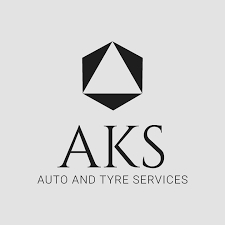
AKS is the deadliest tire manufactured! Don’t even consider them. The rubber is of the worst quality that wears out quickly and does not grip the road in good or bad weather.
3. Autogreen Tires

Manufactured in Beijing, China this tire doesn’t even last for 20,000 miles. Their poor road grip is apparent on the dry road where the tread is uneven, and the tire vibrates at a high rate of speed.
4. Carlisle Tires

Their car tires are good enough. But their trail tires made in China are poor that are known to explode in extreme weather conditions.
5. Chaoyang Tires

This is one of the most popular tires in Asia and very well known in China. But, unfortunately, they wear fast, are very noisy, and are prone to popping at a high rate of speed.
6. Compass Tires
Compass tires perform dangerously and have a shorter life span than most tires.
7. Falken Ziex Tires
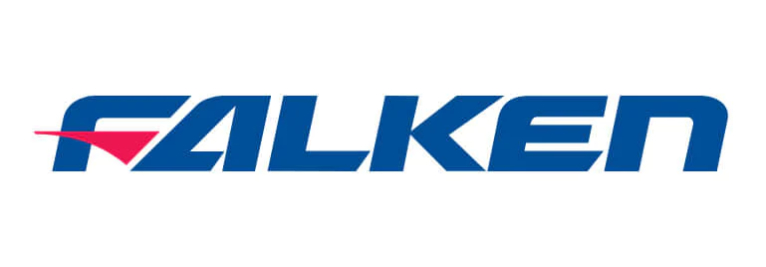
These tires glide effortlessly and don’t grip the road in wet and slippery conditions. They create a road hazard.
8. Firestone Destination Tires
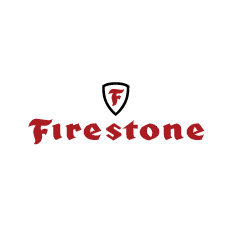
Firestone is known for making good-quality tires but the destination tire is made in China with poor-quality rubber. The tires bend as you hit bumps and are prone to burst due to a lack of quality features.
9. Geostar Tires

This is another cheap Chinese tire that doesn’t grip the road when it’s wet or snow-covered.
10. Goodride Tires

They are cheaply made tires that perform, handle, and ride horribly.
11. Low-End General Tires
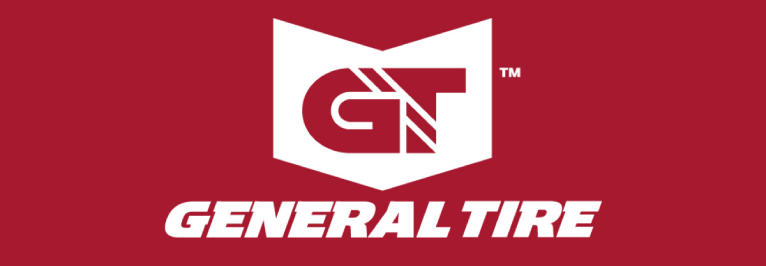
General tires are famous for their high-performance race car tires. But unfortunately, there are inferior quality replica tires of the brand out there.
These tires are of such poor quality that they are can be deadly. In addition, the tire is noisy and quickly wears out. So stay away from these altogether!
12. Telluride Tires
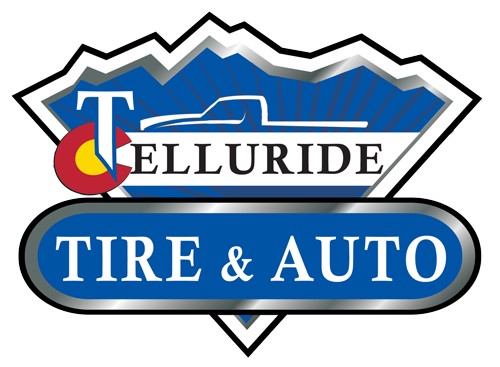
Telluride tires are made of poor quality materials, don’t ride well in wet weather, have poor durability, and cost more than they are worth.
13. Triangle Tires

There is no traction on the wet pavement, which is dangerous and deadly!
14. Westlake Tires

This tire quality is so low that it only does well on dry pavement at 50 mph or lower. Hangzhou Zhongce Rubber Company currently manufactures them in China.
Unfortunately, they lose traction after 60 mph and bend when hitting potholes and rough roads. As a result, they need replacing around 20,000 miles.
15. Unicorn Tires
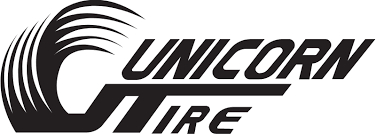
Made of poor quality materials, handled poorly, and do not do well in wet and snowy weather.
Differences in Cheap vs Expensive Tires
-
The Tread
Having a good tread pattern helps grip the road and keeps you from sliding all over the road in wet and snowy weather.
Unfortunately, poor quality tires lack good tread leaving you vulnerable to sliding on a wet or snowy road and causing an accident.
-
How They Handle the Road
Do the tires allow you to stop suddenly and not slide on the road? Does it feel like your wheels are on the pavement when it rains?
Good tires give let you maintain control of the car in all weather. If the tires are not good, you will not feel like you have control of the vehicle; this is important in bad weather.
-
Durability
A good quality tire will last long, won’t puncture easily, nor will the side walls split. A cheap quality tire will cost you money in repairs, not last very long, and will put your safety at risk. Some have exploded at only 50 mph.
-
Riding Comfort
A smooth ride is the sign of a quality tire. Conversely, poor quality tires do not ride well, causing a bumpy ride and are frequently noisy.
-
Gas Savings
Cheap tires will decrease your gas mileage. Good tires are gas efficient.
-
Braking Distance
When stopping in a hurry, especially in wet or snowy conditions, a good tire will be able to stop and not skid. Cheaper tires will slide on the road resulting in going off the road or causing an accident.
-
Tire Noise
Good quality tires are quiet. Cheap tires are noisy when inflated and while driving.
Location of the Tire Manufacturer Matters
As of late, China has emphasized the money-making aspect of tires more than the quality of the tires they produce.
This has resulted in a lack of safety, rapid tread wear, noisy tires, low road grip, soft tires with a significant lack of durability, and danger to everyone in the car! They are not seeking API’s authorization and are placing inferior quality tires on the market.
When choosing a tire, choose tires manufactured by a company that offers quality rubber and has a high standard in tire manufacturing.
Do’s of Buying Tires
1. The Brand
Reputable brands make quality tires. Chose a brand that offers quality and safety in a tire.
2. Tire Performance
If you want a tire that will perform well, choose a unidirectional tread that will grip the road better, they are made of wider and thicker thread boxes. Then, take care of the tire maintenance and rotate the tires as recommended.
3. Age of Your Tires
Manufacturers recommend how long and how many miles (40,000 miles/5 years) are on the warranty. Use this as a guide to purchase the next set of tires. Remember that weather, no use, and driving conditions such as roads, bumps, and potholes can shorten a tire’s life.
4. Date Tires Were Manufactured
Rubber tires break down when they are shelved for long periods. So always check the manufacturing date on the tire you buy to ensure it’s the best quality.
5. Size Compatibility
The side of the tire will have the size and PSI on it. Always go with the size recommended by the car manufacturer as listed in the owner’s manual. Buying the wrong size tire will cost you money in repairs and ruin the tires.
6. Tire Features
Before purchasing the tires, understand all the tires’ features, such as conditions it runs best in, types of treads, which type of vehicle it is recommended for, etc.
7. Safety and Quality Standards
Ensure the tire you are looking to purchase has met all the safety and quality standards. Tires meeting these will have the information available for you to see. Be diligent if you buy tires from a country not known for quality and safety.
8. Warranty
Read the warranty to know how long it’s for and the mileage you should get on the tires. Then, if you’re having a problem, take it to the shop to see if it is covered. But, do not wait; warranties run out of time. Also, how you drive and how the tires are used can affect the warranty.
9. Imitations
You need to pay attention and make sure you are not buying a replica of a good tire and end up with a poor quality tire. Go to a reputable tire shop for help. Once you choose your tires, make sure those are the tires put on your car. Tire displays frequently have great tires, but the ones put on your car may be a replica.
10. Get Two Sets of Tires
It is best for the car and the tires to have a set of the same tires. If possible, make sure the same tires are on the same axle. Make sure the tread patterns match.
When mixing different load indexes and speed ratings, be sure both are higher than the car manufacturer recommends. Purchase a set of winter and summer tires; you will get more life out of the tires if used in the season they are meant to be used.
Don’ts of Buying Tires
1. Assuming Original Equipment is Best
You don’t have to buy OEM replacement tires; purchase tires that are the recommended size for your car, what you can afford, and will perform well in the climate where you live.
2. Realistic Expectations
No tire will last forever, and you will not get the highest grade tire for $50. So there are trade-offs to be made, buy the best tire you can afford and take good care of the tires.
3. Picking the Best Tire Dealer
Choose a full-service fire dealer that carries a variety of tires in brands, sizes, and prices.
4. Don’t Spend More Than You Have To
You can get a quality tire that is not named brand if you shop carefully and go to a reputable tire dealer.
5. Don’t Be Too Cheap
You get what you pay for, buy the tire you can afford with the quality you want, by researching tires before you go to buy them.
Is the Same Material Used for All Tires?
The materials used in tires vary by manufacturer. However, the average tire comprises over 100 components, including natural rubber, silica, nylon, synthetic rubber, steel, carbon black, polyester, and petroleum.
The material used in the tires is specific to the tire’s performance.


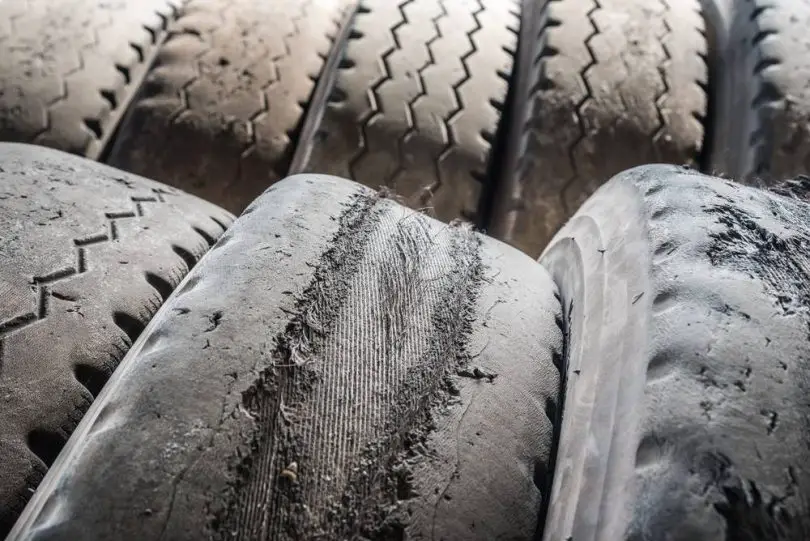
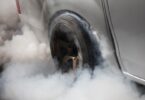
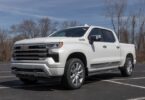

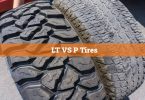
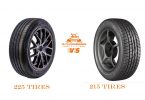
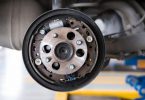

Leave a Comment